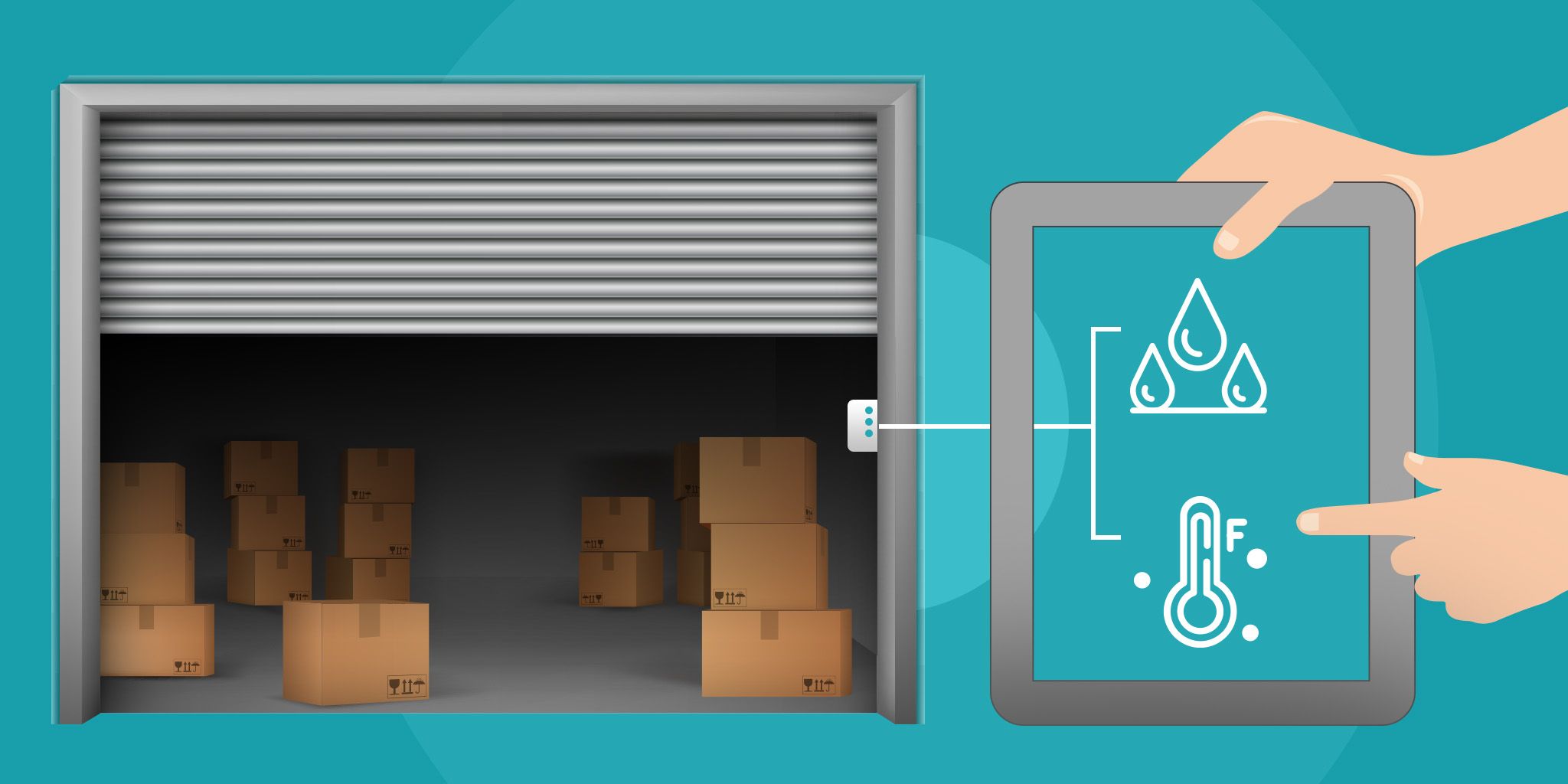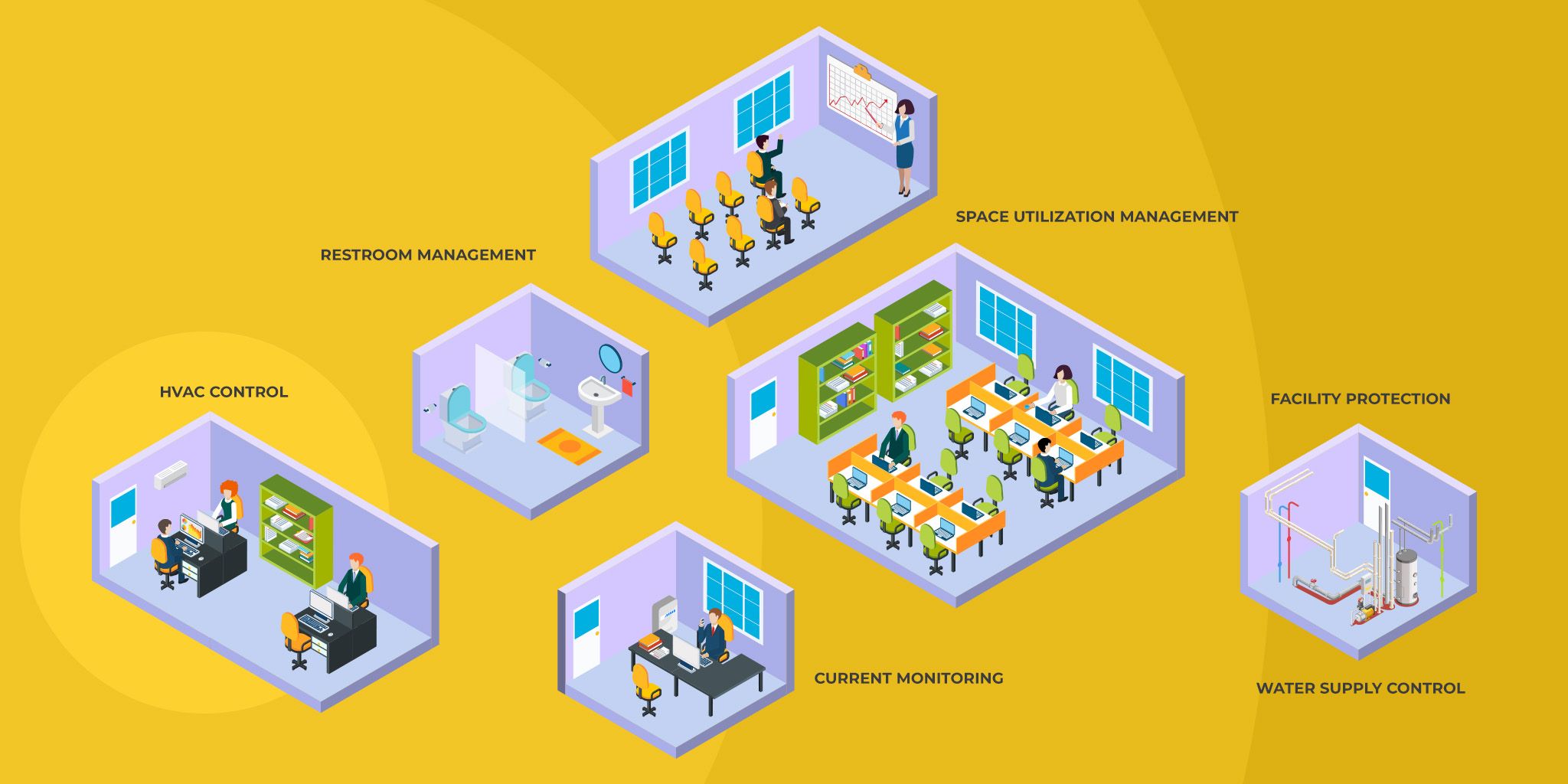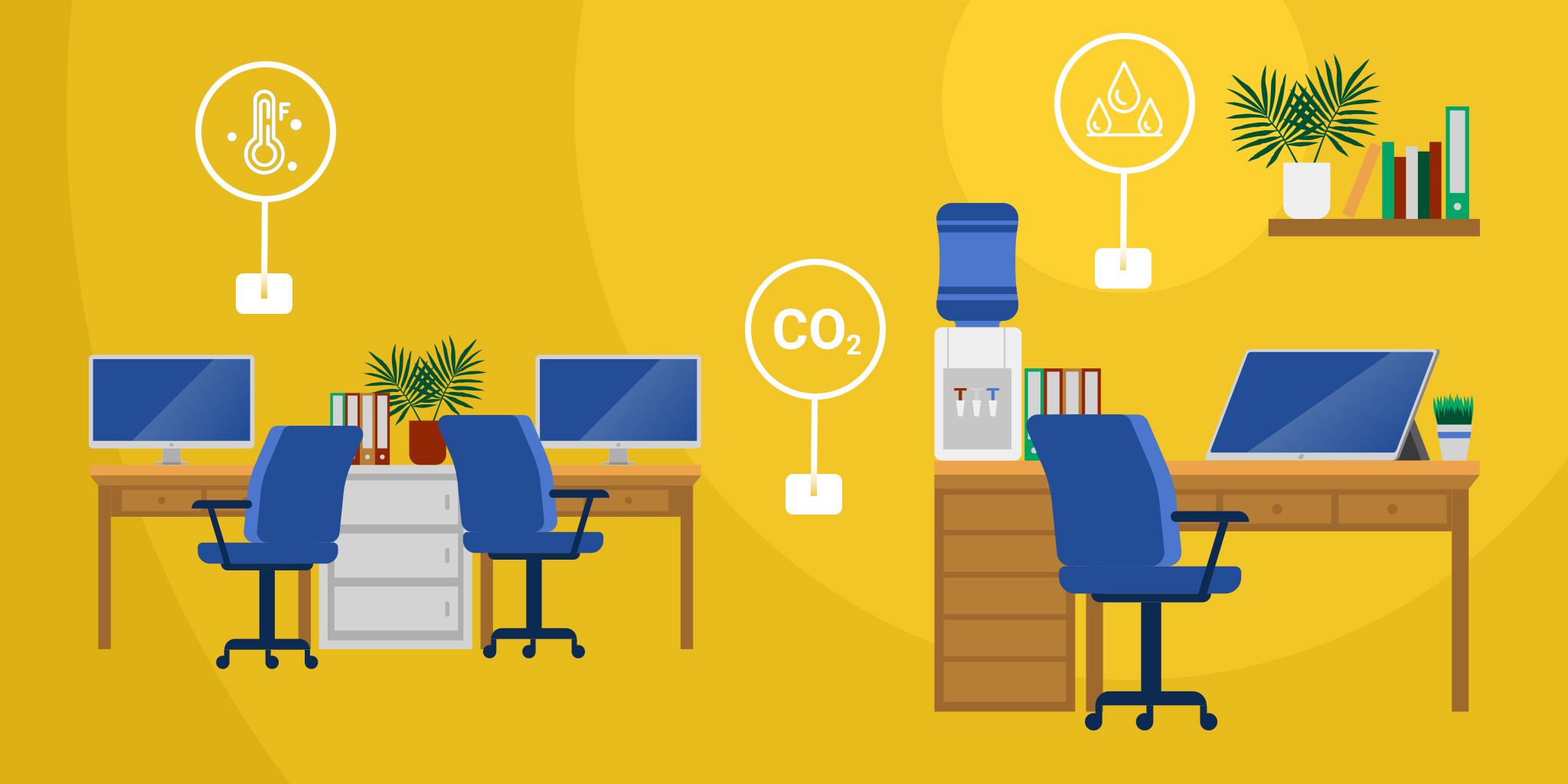What Makes a Building “Smart” Isn't the Tech
What Makes a Building “Smart” Isn't the Tech
- Last Updated: December 2, 2024
Matt Ernst
- Last Updated: December 2, 2024



The defining characteristic of a "smart building" isn't the application of technology—systems integrations that leverage data analytics, Internet of Things (IoT), etc. Neither is the building's "smartness" a function of its outcomes—lower energy usage, better occupant comfort, less costly to maintain, sustainable, etc
I would argue instead that the defining characteristic of a "smart building" isn't the tech; rather, it's a commitment to leveraging the scientific method to achieve the goals that inspired the building.
Sound easy? Well, it can be, but unfortunately, some of the most high-tech buildings aren't actually that "smart." Why? They don’t help the facility management team meet its business goals. I’ve seen brand new, state of the art, high-tech buildings that are really just a waste of money. Many aren't "smart" at all. If the building's technology doesn’t change the way people do their jobs (for the better) in a quantifiable and provable way, it isn't a smart building. However, achieving such scientificity in building automation design is no small task.
Anatomy of a Smart Building Plan
Consider commercial office space as an example. The building management’s goals and smart building plan may have the following three elements:
1. Keep occupants comfortable and productive
A regular building plan would be to keep the HVAC on and hope that people are comfortable. Maintenance crews would respond to hot/cold calls from occupants and fix things when they break.
On the other hand, in a smart building plan, one would use the building automation systems—composed of IoT devices, connectivity, and cloud applications—to measure environmental conditions like temperature, humidity, CO2, lighting, as well as to gather on-going, direct feedback from occupants. Operators would apply analytics to the data to track how comfortable occupants of a building are in real-time. They'd create a benchmark and then actively change the way the building operates to improve conditions based on a quantified “comfort score.” Managers would track the productivity of the employees and leverage analytics to determine whether building automation makes on employees more or less productive at certain tasks.
2. Minimize the Building's Operational Costs
A regular building plan would consist of making sure monthly utility bills don’t go up more than expected. One would attempt to reduce outsourced labor while hiring good maintenance technicians, negotiating strong terms with contractors, and holding the lowest bidder accountable. A manager would ensure that the most urgent projects to be completed first.
Now picture a smart building plan in which building operators measure real-time energy usage (in ~15-minute intervals) and use analytics to automatically identify opportunities to reduce energy consumption. Measure operational information from the HVAC/lighting/IoT control systems and use analytics to identify broken equipment or non-optimal operation in real-time. In a smart plan, one would measure the effectiveness of the in-house team versus outside contractors on a project by project basis while using the best combination of labor based on available skills. A key goal is to develop a project management platform that tracks various cost/value performance metrics to enable quarterly re-evaluations of priorities.
3. Improve sustainability
A regular building planner would need to obtain a LEED certification and re-certify it as required.
By contrast, smart building planners measure the sustainability KPIs most important to management and occupants, including waste, recycling, water consumption, and so forth. One actively searches for trends and opportunities for improvement as well as valuable scenarios in which to track occupant engagement.
The smart building revolution is really about changing the management philosophy of buildings and using technology to aid in the process. Smart Building managers actively use technology to gather data, synthesize large datasets into meaningful metrics, and manage their quantified goals with real-time data feedback to make their buildings better.
The Most Comprehensive IoT Newsletter for Enterprises
Showcasing the highest-quality content, resources, news, and insights from the world of the Internet of Things. Subscribe to remain informed and up-to-date.
New Podcast Episode

Moving Past the Pilot Phase in IoT and AI
Related Articles





